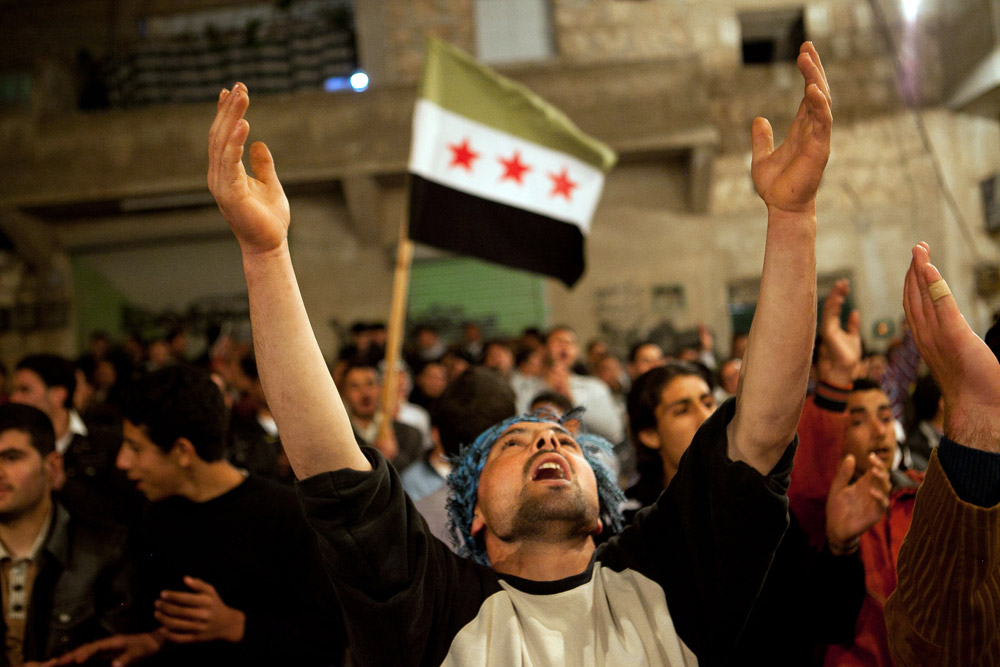By Donatella Rovera, Amnesty International’s senior adviser on crisis response
Editor’s Note: Rovera has reported from numerous conflict zones on human rights violations since 1991, and has traveled inside Syria several times over the past two months to document human rights abuses. An op-ed by Rovera, Why Syria Feels Abandoned, was published May 30, 2012 in the Washington Post.
Every protest I observed during three days in Aleppo ended the same way: with the army, security forces and shabiha – the infamous militias who do some of the government’s dirty work – opening fire on non-violent demonstrators who posed no threats to them (or to anybody else).
On Friday May 25, at least seven people were killed, at least two of them were children, and dozens more were injured at demonstrations and funerals in the city.
Among those killed was Amir Barakat, a 13-year old schoolboy, who was fatally shot in the abdomen. Eyewitnesses told me that he was walking near his home as demonstrators were running away from the security forces who were shooting towards them. SEE THE REST OF THIS POST

